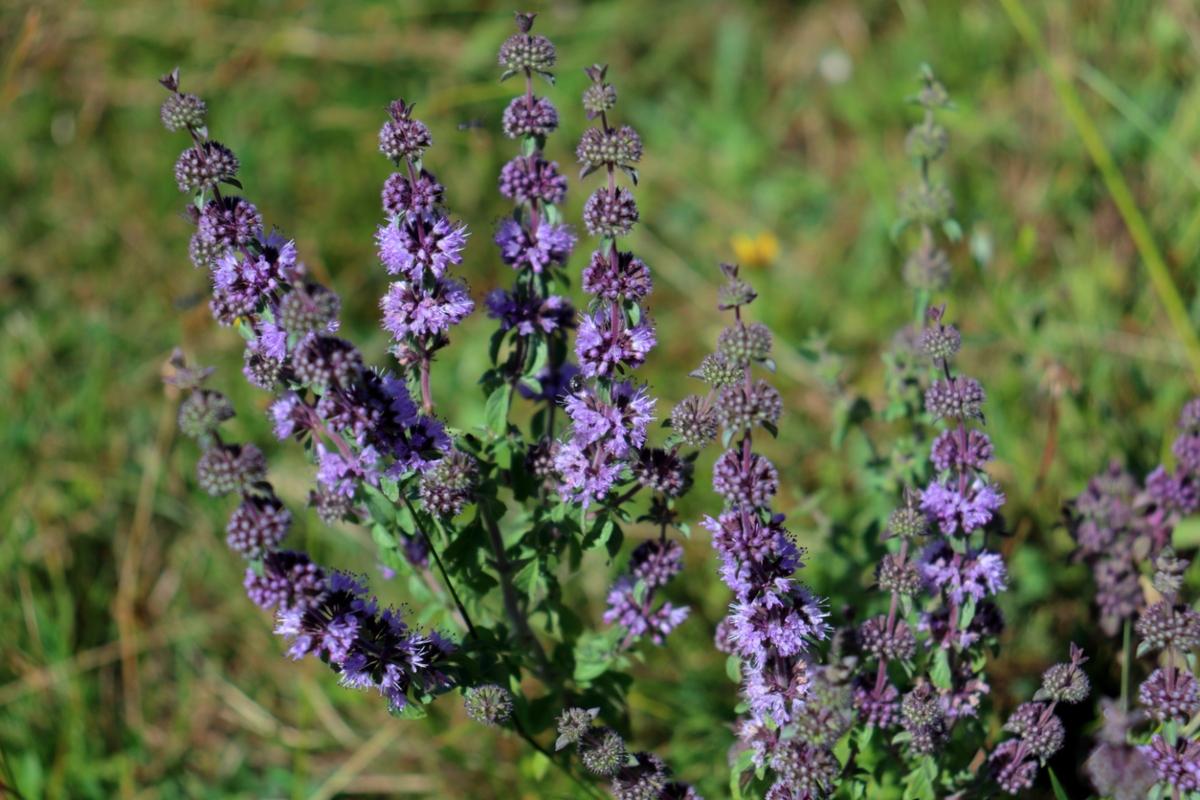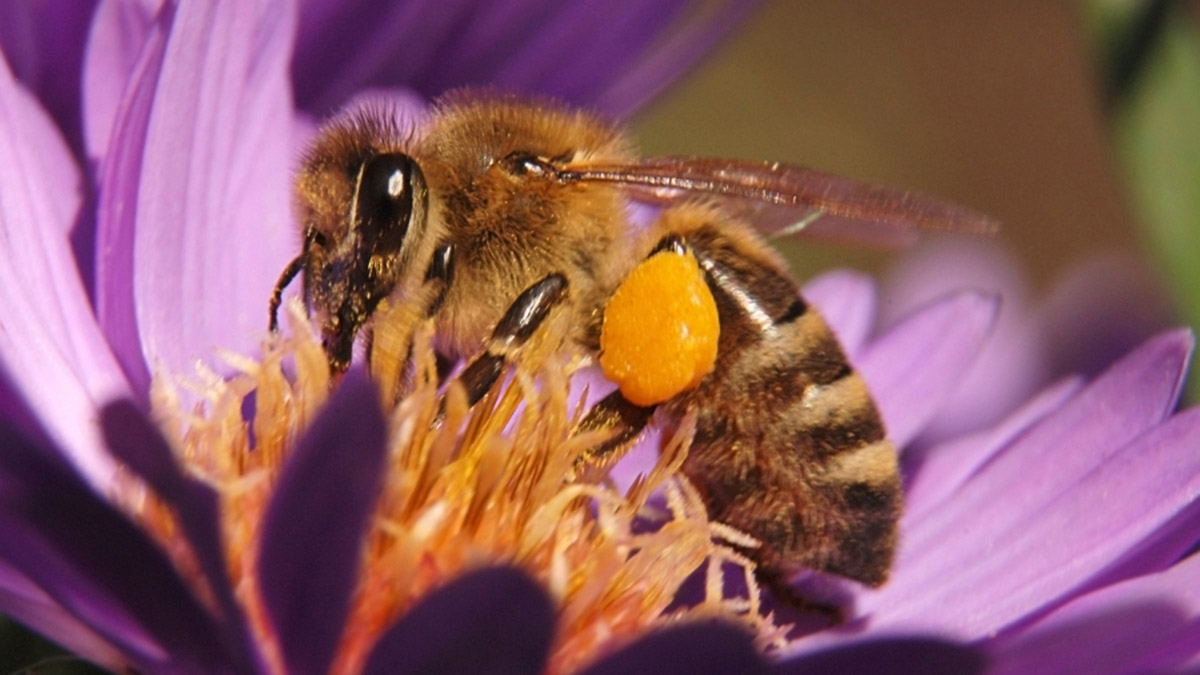Have you ever found your precious garden plants ravaged by the munching of Japanese beetles? These notorious pests can destroy your hard work in no time. Learning how to repel Japanese beetles is essential for anyone who loves gardening. In this detailed guide, well dive into the most effective methods to keep these little invaders at bay.
Japanese beetles are not just an eyesore; they can significantly affect the health of your plants. Equipped with the right strategies, you'll be armed and ready to protect your garden. Lets get started!

Understanding Japanese Beetles
Before we learn how to repel Japanese beetles, its vital to understand them better. Native to Japan, these beetles were introduced to the United States in the early 1900s. They thrive in warm, humid climates and are known for their metallic green bodies with coppery wings. In addition to being a sight for sore eyes, they can do damage to over 300 types of plants!

Identifying Japanese Beetles
Recognizing the presence of Japanese beetles is the first step to control them. Here are some signs you should look out for:
- Silvery skeletonization of leaves, showing a lace-like appearance.
- Damaged flowers and fruits.
- Adult beetles visible on the foliage during warm weather.
Once you spot these signs, its time to take action. Luckily, there are various methods for repelling them effectively.

Natural Methods to Repel Japanese Beetles
Many garden enthusiasts prefer natural methods over chemical interventions. Here are some organic options:
1. Plant Companions
Some plants naturally repel Japanese beetles. For instance, geraniums are known to deter these pests. Planting them near your vulnerable plants can help drastically reduce infestations. Other plants to consider include:
- Chives
- Garlic
- Mint
- Rue
Using companion planting strategies can work wonders in protecting your garden. For further reading on what works best for bug repelling, click Mint repellents.
2. Homemade Sprays
You can easily create a homemade beetle spray using everyday ingredients. A simple mix of water, a few drops of dish soap, and some crushed garlic or cayenne pepper can do the trick. Spray this concoction directly onto the beetles and affected plants to deter them.
For more tips on creating effective pest sprays, check out this article on repelling wasps.
3. Traps
Another effective method is to utilize pheromone traps designed specifically for Japanese beetles. These traps attract adult beetles and can help reduce their numbers in your garden. Just make sure to place them far enough away to avoid attracting beetles back to your plants.
4. Essential Oils
Certain essential oils can be effective against Japanese beetles. Oils such as peppermint, neem, and clove are excellent choices. Mix them with water and use them as a spray. They not only repel pests but also have a pleasant scent.

Cultural Practices to Prevent Infestations
Adapting certain cultural practices can help reduce the chances of a Japanese beetle infestation:
1. Watering Wisely
Beetles love moisture, so be cautious with your watering habits. Water your plants in the morning, allowing foliage to dry during the day. This practice discourages beetle activity in the soil.
2. Mulching
Using organic mulch can benefit your garden. It helps retain moisture and does not allow beetles to lay their eggs in the soil. Avoid excessive watering and ensure your garden is healthy and thriving!
3. Regular Monitoring
Keep an eye on your plants. Check regularly for signs of beetles and remove them by hand when you see them. This method can be tedious but is often effective.
When to Use Chemical Methods
If natural methods dont yield results, you might consider chemical treatments. However, its crucial to choose options that are less harmful to the environment. Organic pesticides can be a good alternative. Always follow the manufacturers instructions for the safest use.
For a broader understanding of pest management, visit humane bug removal.
Additional Resources
For more methods and ideas on how to repel pests in general, check these resources:
FAQs
1. What attracts Japanese beetles to my garden?
Japanese beetles are attracted to plants that produce strong scents and fruits. They also love warm, sunny environments with abundant lawns and foliage.
2. How can I tell if I have a Japanese beetle infestation?
Look for signs including brown patches on grassy areas, skeletonized leaves, and clusters of beetles on plants.
3. Can I get rid of Japanese beetles in my garden?
Yes! With a combination of natural pest control methods, traps, and monitoring, you can effectively eliminate and keep them away.
As an Amazon Associate, I earn from qualifying purchases.
